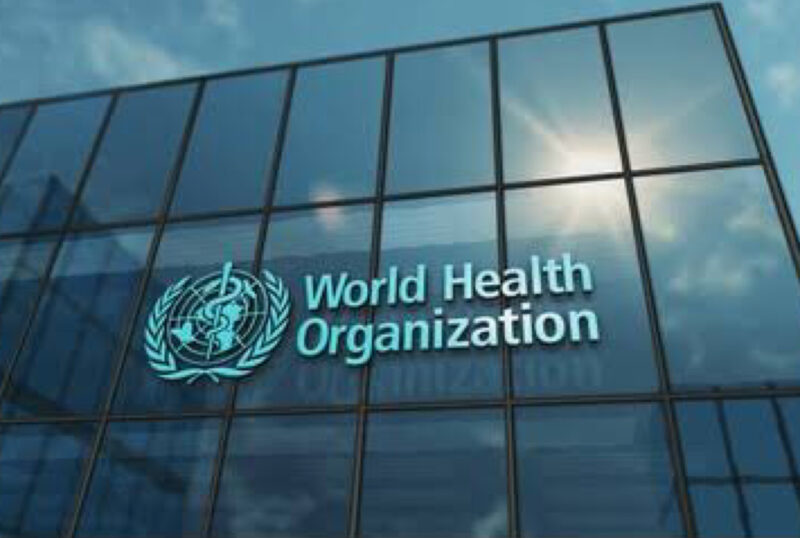The WHO’s Regional Office for Europe highlighted alarming findings from a new report, which reveals a decline in condom use among young people
The World Health Organization (WHO) has expressed concern over a significant drop in condom use among sexually active adolescents since 2014, a trend that has led to increased instances of unprotected sex and associated health risks.
In a statement released on Thursday, the WHO’s Regional Office for Europe highlighted alarming findings from a new report, which reveals a decline in condom use among young people. This downward trend is putting adolescents at a higher risk of contracting sexually transmitted infections (STIs), experiencing unsafe abortions, and facing unplanned pregnancies.
The report draws on data from the Health Behaviour in School-aged Children study, which surveyed more than 242,000 15-year-olds across 42 countries in Europe, Central Asia, and Canada between 2014 and 2022.
The study found a significant reduction in condom use among adolescents, with the percentage of sexually active boys using condoms during their last sexual encounter dropping from 70 percent to 61 percent, and a similar decline among girls, from 63 percent to 57 percent.
Additionally, the report indicates that nearly one-third of adolescents did not use either a condom or contraceptive pills during their last sexual encounter. The findings also highlight socioeconomic disparities, with adolescents from low-income families being more likely to report not using protection compared to their peers from wealthier backgrounds.
Dr. Hans Kluge, the WHO Regional Director for Europe, attributed the decrease in condom use to a lack of comprehensive sex education, which has come under scrutiny in recent years. He stressed the importance of equipping young people with the necessary knowledge to make informed decisions about their sexual health, thereby protecting their overall well-being.










Join our Channel...